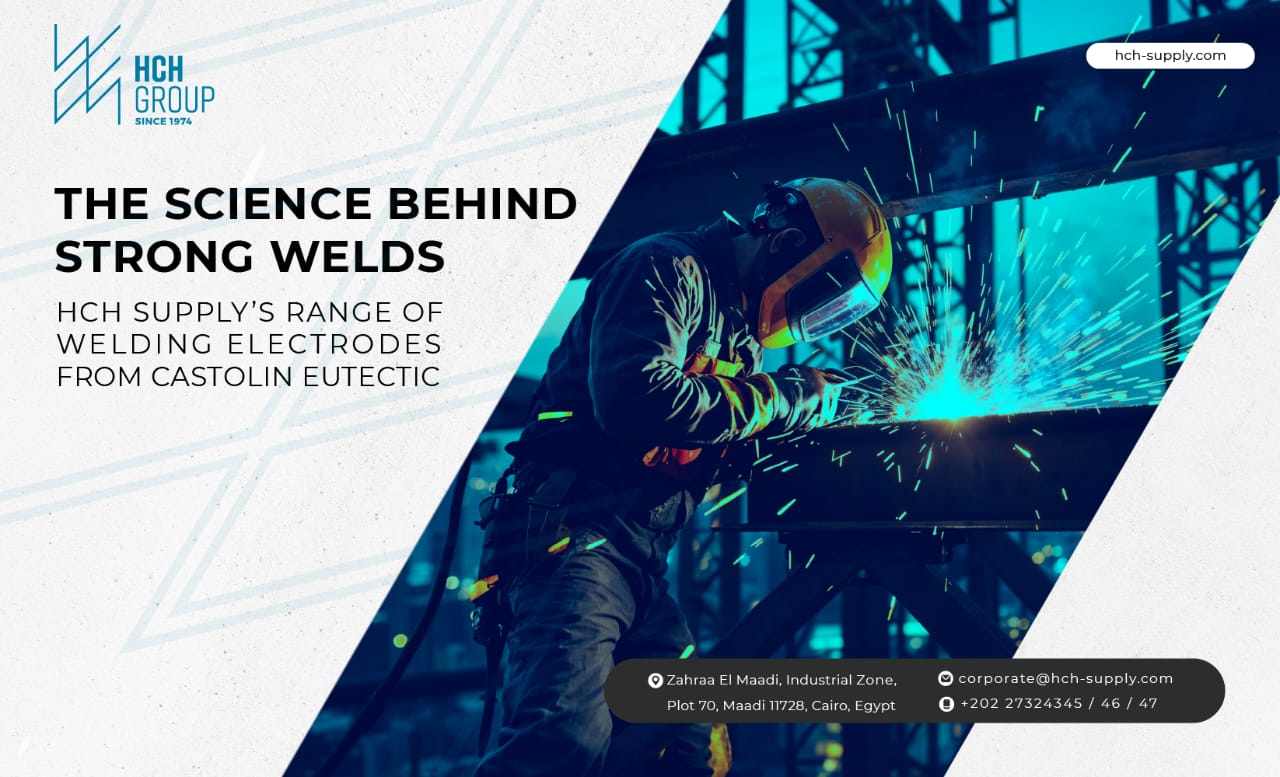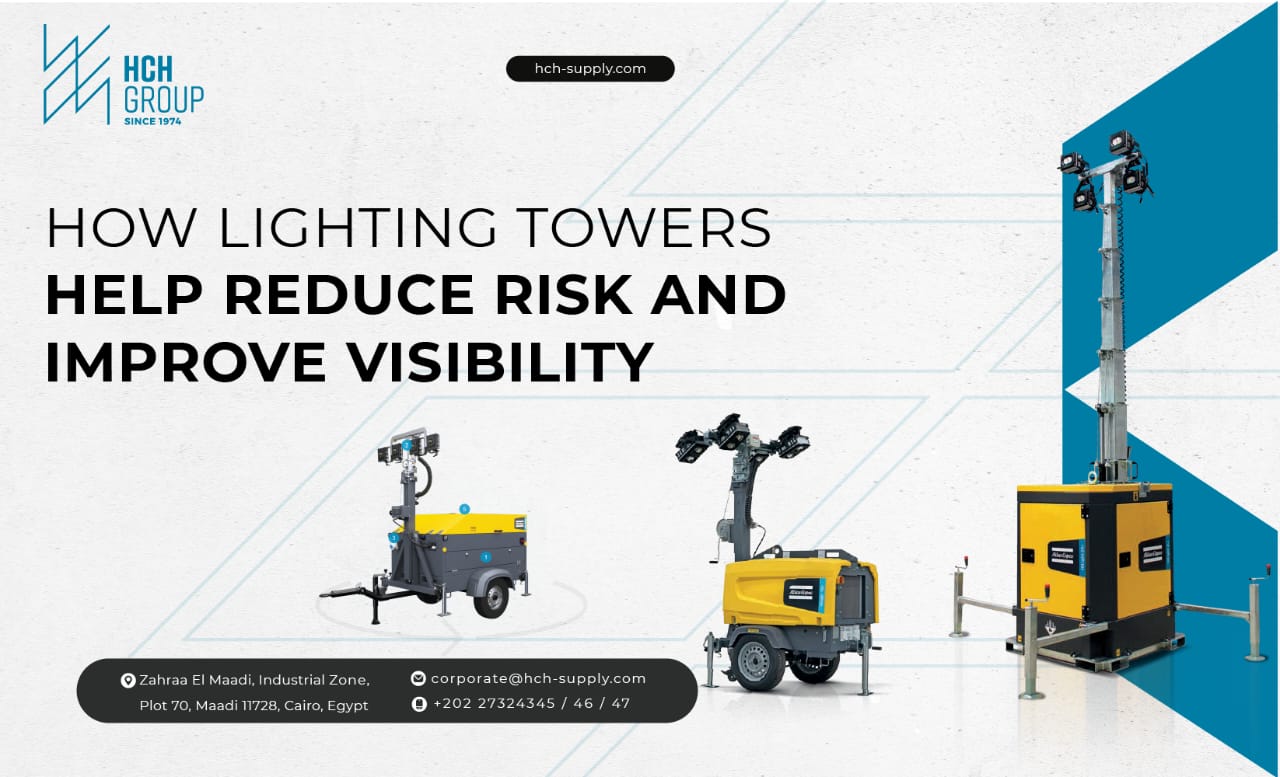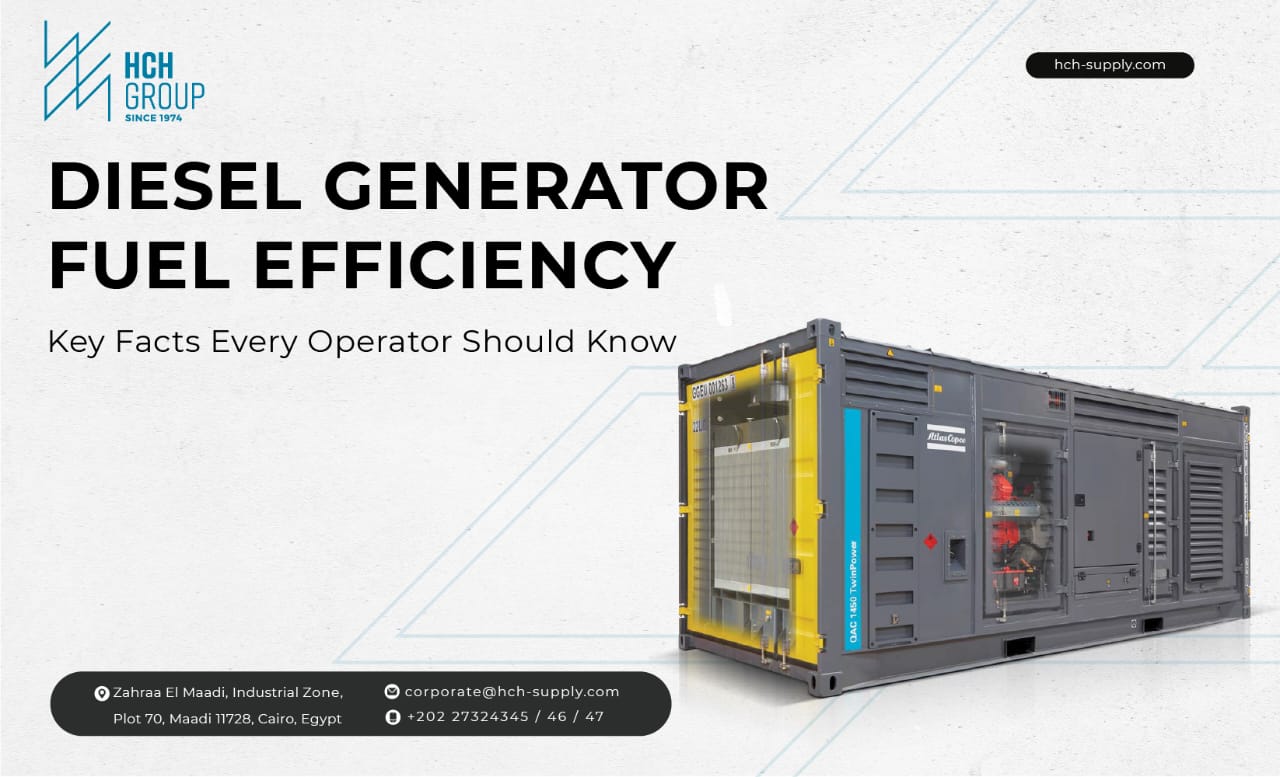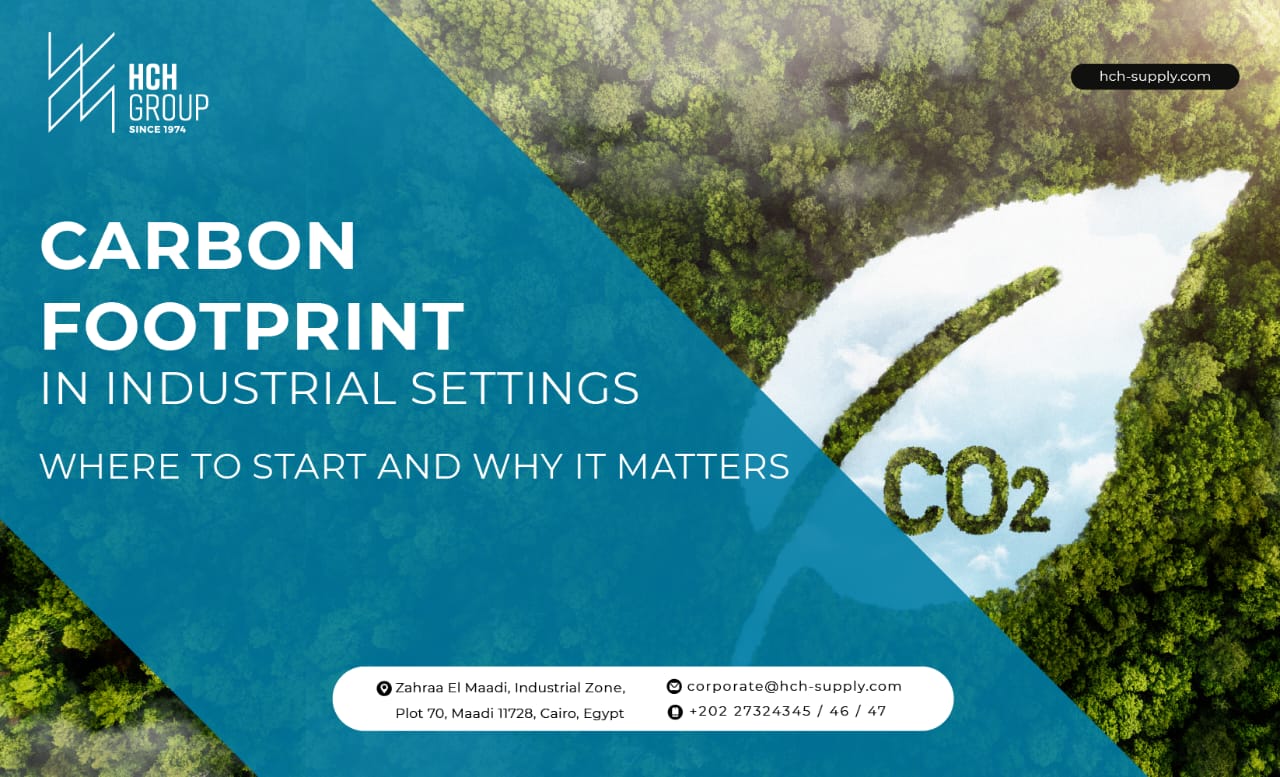Energy Efficiency has become a central topic for modern industries aiming to stay competitive while reducing environmental impact. Optimizing how energy is produced, distributed, and consumed doesn’t just help the planet, it drives measurable business success.
Manufacturers that prioritize energy efficiency gain better control over operational costs, minimize waste, and create a more sustainable future for their operations.
Why Energy Efficiency Matters in Industrial Operations
Industrial operations are among the largest consumers of energy worldwide. High energy demand often translates into high operational costs, especially with rising fuel prices and stricter emission regulations.
By investing in energy-efficient technologies and smarter management systems, industries can:
- Lower production costs
- Enhance reliability
- Meet global sustainability standards
All while maintaining output quality
Common Energy Efficiency Challenges in Manufacturing
Many manufacturers struggle with:
- Inefficient or outdated equipment
- Lack of energy monitoring systems
- High levels of heat loss during production
- Limited understanding of real-time energy usage
These challenges often go unnoticed but have a significant cumulative effect on both profitability and environmental footprint.
Smart Strategies to Improve Industrial Energy Efficiency
-
Optimize Equipment and Maintenance
Regular maintenance of machines and motors ensures they operate at peak performance. Simple steps — like checking air leaks, cleaning filters, and aligning belts — can reduce energy waste without major investment.
-
Embrace Energy Management Systems (EMS)
Modern energy management systems track energy use in real time. They help managers identify inefficiencies, monitor performance, and adjust processes instantly. Over time, EMS data leads to smarter, evidence-based decisions.
-
Recover and Reuse Waste Heat
ManH Supply, we help industries achieve their energy efficiency goals with advanced Capstone microturbine solutions.
These microturbines provide clean, reliable, and cost-effective power for industrial operations — reducing emissions, lowering fuel costs, and ensuring uninterrupted performance. By integrating innovative energy systems, HCH brings global technology to Egypt’s industrial market, supporting a more efficient and sustainable industrial future.
Conclusion
Improving energy efficiency isn’t just about cutting costs — it’s about building stronger, more resilient industrial systems that can perform sustainably for years to come.
When businesses take control of their energy use, they gain a competitive edge, strengthen their environmental commitment, and ensure long-term stability in a rapidly changing market.
______
FAQs
- What is industrial energy efficiency?
It refers to using less energy to produce the same amount of goods, typically by optimizing processes, upgrading equipment, and reducing waste.
- How can manufacturers reduce energy costs effectively?
Manufacturers can reduce costs by monitoring energy use, investing in efficient technologies, and recovering waste heat from production processes.
- Are microturbines suitable for all industries?
Yes, microturbines are flexible energy solutions ideal for various sectors including manufacturing, oil & gas, and commercial buildings.
- What’s the role of HCH Supply in improving energy efficiency?
HCH provides access to Capstone microturbines and energy-efficient technologies that help industries in Egypt enhance performance while reducing costs and emissions.
- Why is energy efficiency important for sustainability?
It minimizes environmental impact by lowering carbon emissions, conserving resources, and promoting cleaner industrial growth.




